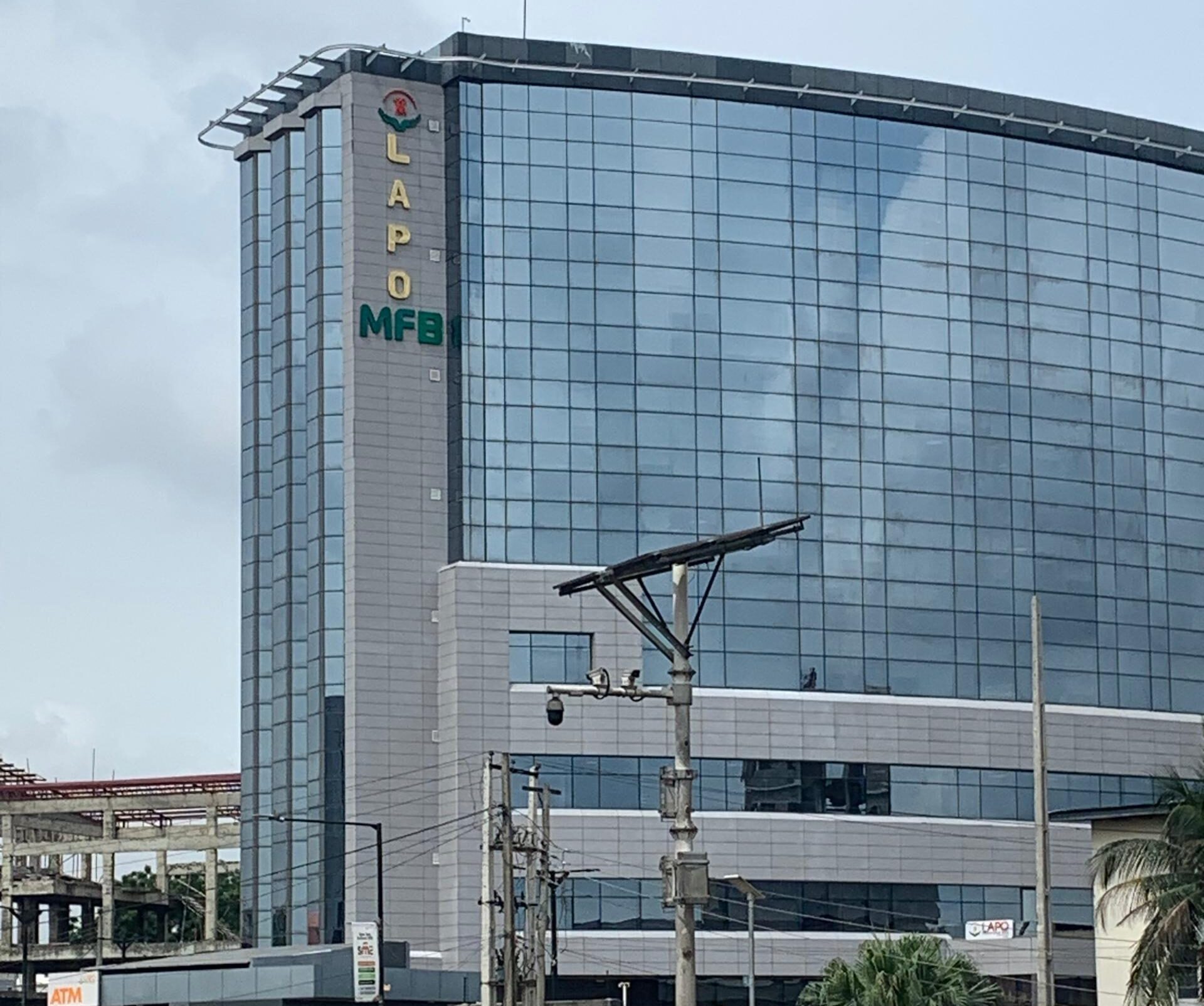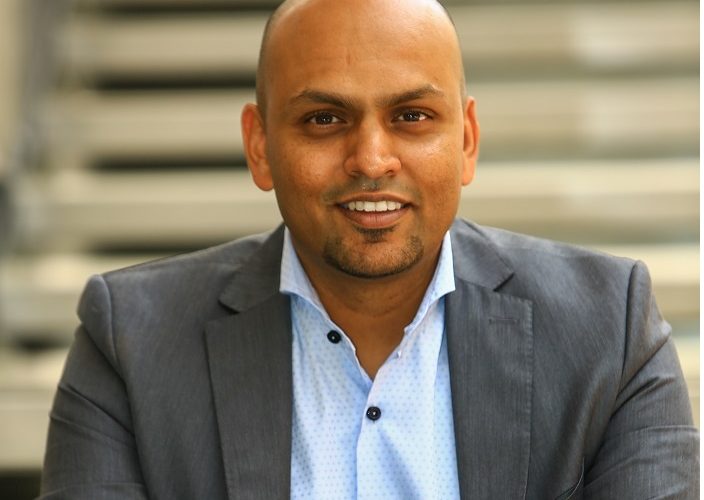LAPO Microfinance Bank’s scholarship programme has grown far beyond a corporate social responsibility effort. It has become a defining pillar of the bank’s developmental agenda. Since its inception in 2007, the initiative has supported more than 4,100 Nigerians with educational grants, underscoring LAPO’s commitment to expanding financial inclusion and building human capital.
Sustained investment in education
Managing Director Cynthia Ikponmwosa disclosed that LAPO has invested over ₦656.5 million in the scholarship fund. The programme targets a wide spectrum of learners, from junior secondary school pupils to undergraduates and individuals pursuing vocational training. This breadth ensures that the bank’s impact reaches students across different educational and socio-economic backgrounds.
Building ecosystems, not just funding fees
LAPO’s support extends beyond paying tuition. The bank fosters long-term community engagement by connecting scholarship alumni with new beneficiaries. Through the tertiary alumni forum, past recipients mentor current scholars, creating a vibrant network of guidance, empowerment, and shared opportunities. It is a structure designed to multiply impact long after the initial financial support.
Strategic brand impact
Industry observers note that LAPO’s scholarship programme functions as a strategic investment in addition to its social value. By empowering students and strengthening underserved communities, the bank boosts its reputation and reinforces its position as a socially responsible institution. The initiative deepens loyalty and positions LAPO as a long-term partner in community development.
Bridging socio-economic gaps
With youth unemployment and limited access to quality education remaining nationwide challenges, LAPO’s scholarship programme offers a practical example of how financial institutions can drive meaningful social change. It demonstrates that microfinance banks can serve as engines of national development not only through credit offerings but also by directly investing in the next generation of Nigerians.





Comment
No comments found.